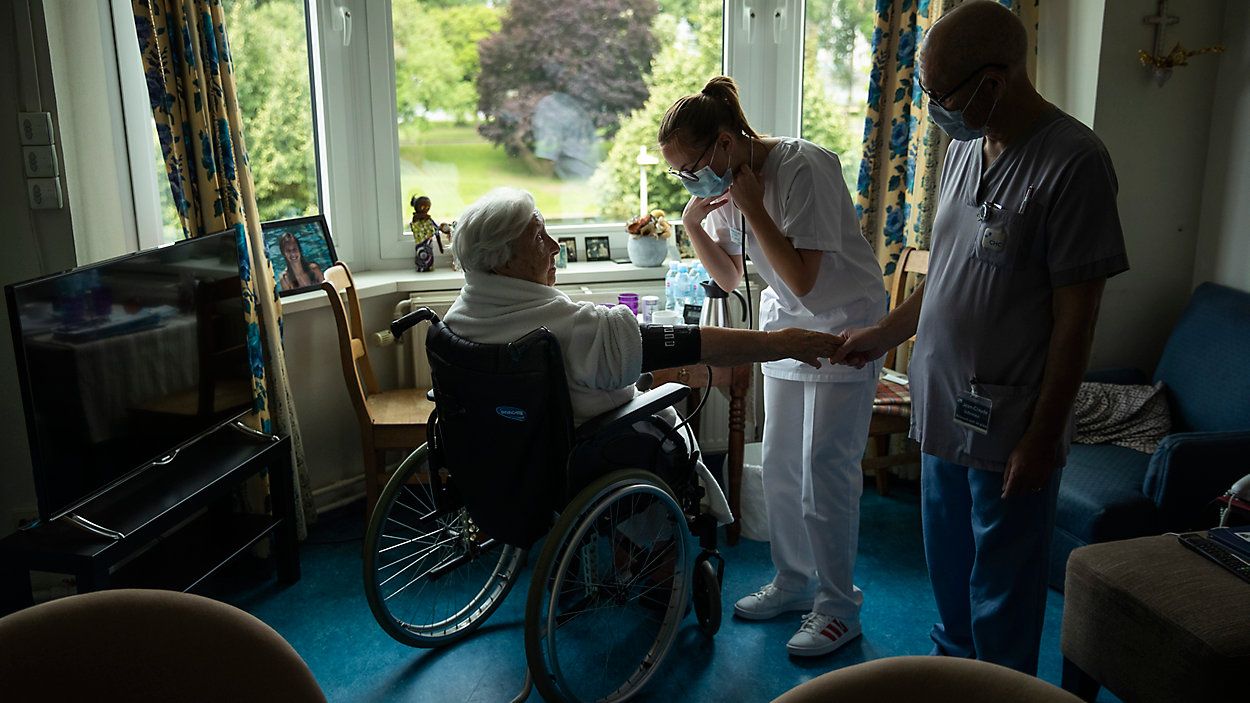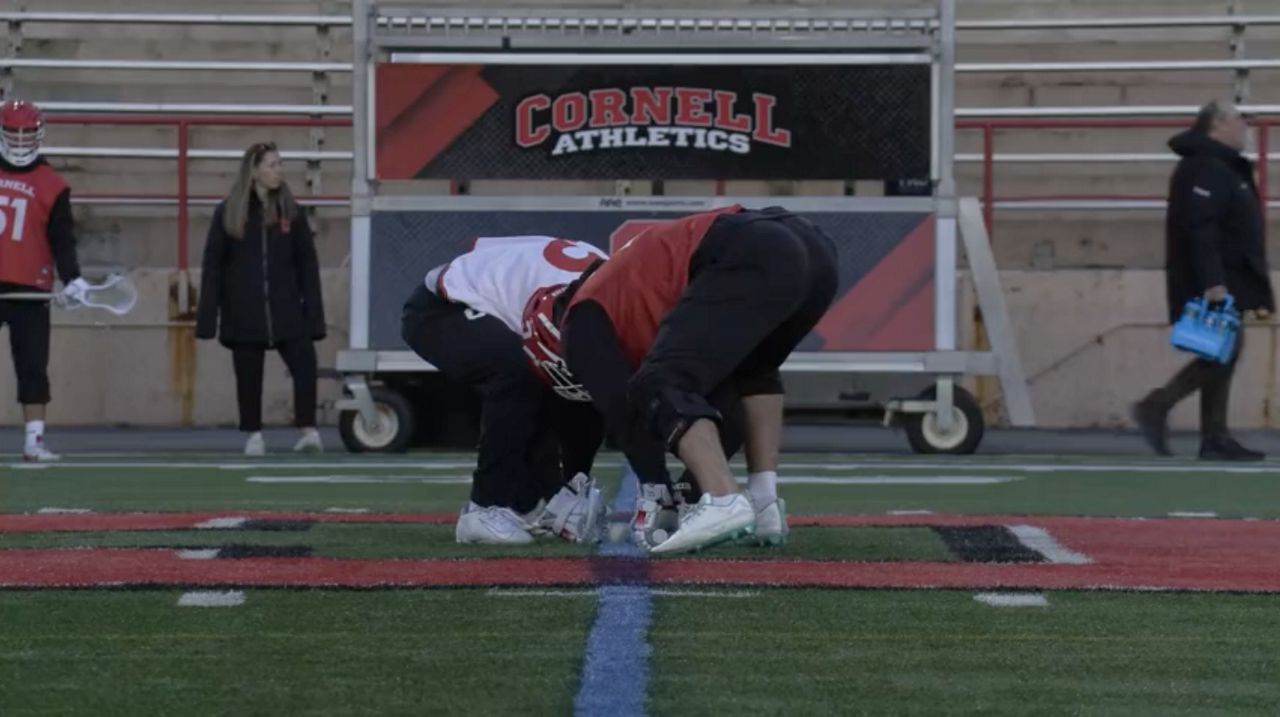Dr. Ramsay Farah, a dermatologist, heals people’s skin, but he says it’s so much more than that. He says acne is an emotional and developmental issue, too.
“For teenagers, this is a formative period of their life. They’re beginning to form the boundaries of their character, and when you’re in that stage," Farah said, "and you have something that you’re embarrassed about [and] it leads to a lack of confidence, it might lead to social isolation.”
The struggle with acne is not new.
"Acne has been around for forever," says Farah. "Literally, I mean, there are reports of acne in ancient Greek literature, and then ancient Egyptian literature.”
There is something new, though. Farah said the contributing factors to acne have changed.
"In the past," he said, "it wasn’t really well categorized what our diet does to our acne. [A] high glycemic diet or a diet that drives a lot of insulin production is a diet that will lead to inflammation, and the inflammation will show up or exacerbate your acne.”
Farah says cutting carbohydrates, sugars, milk and whey can help. Certain supplements may work as prevention for your body’s largest organ — the skin.
“Taking probiotics can actually translate to an improvement in acne in terms of vitamins and supplements," Farah said. "It’s actually pretty easy to remember A, B, C, D and E.”
Farah added that B-12 will not help with acne and might stimulate more acne.
Athletes’ helmets, chin guards and hair bands all can promote acne, Farah says. Athletes who take supplements with whey, he added, are getting more of the male hormone, which will also promote acne.












